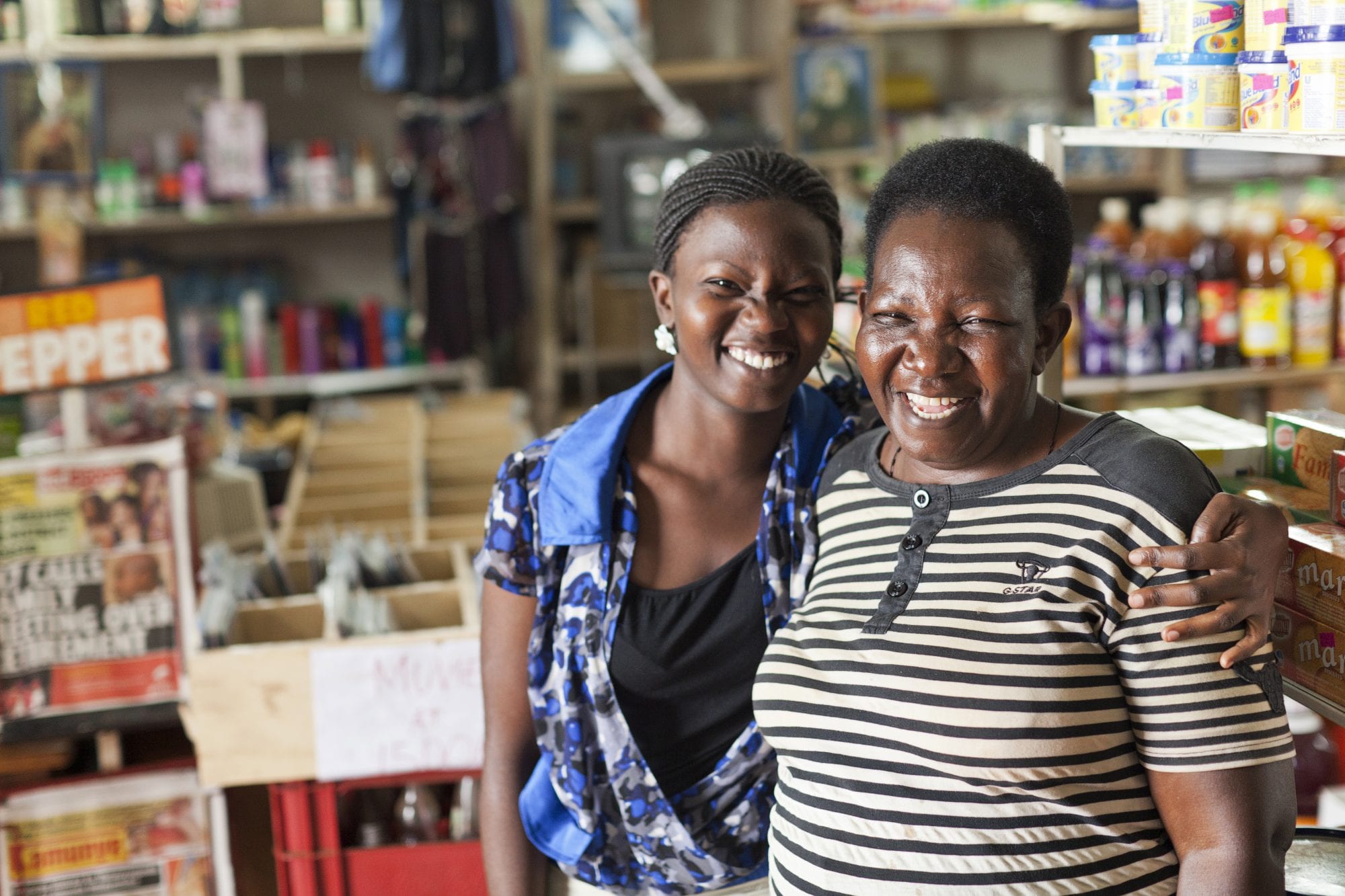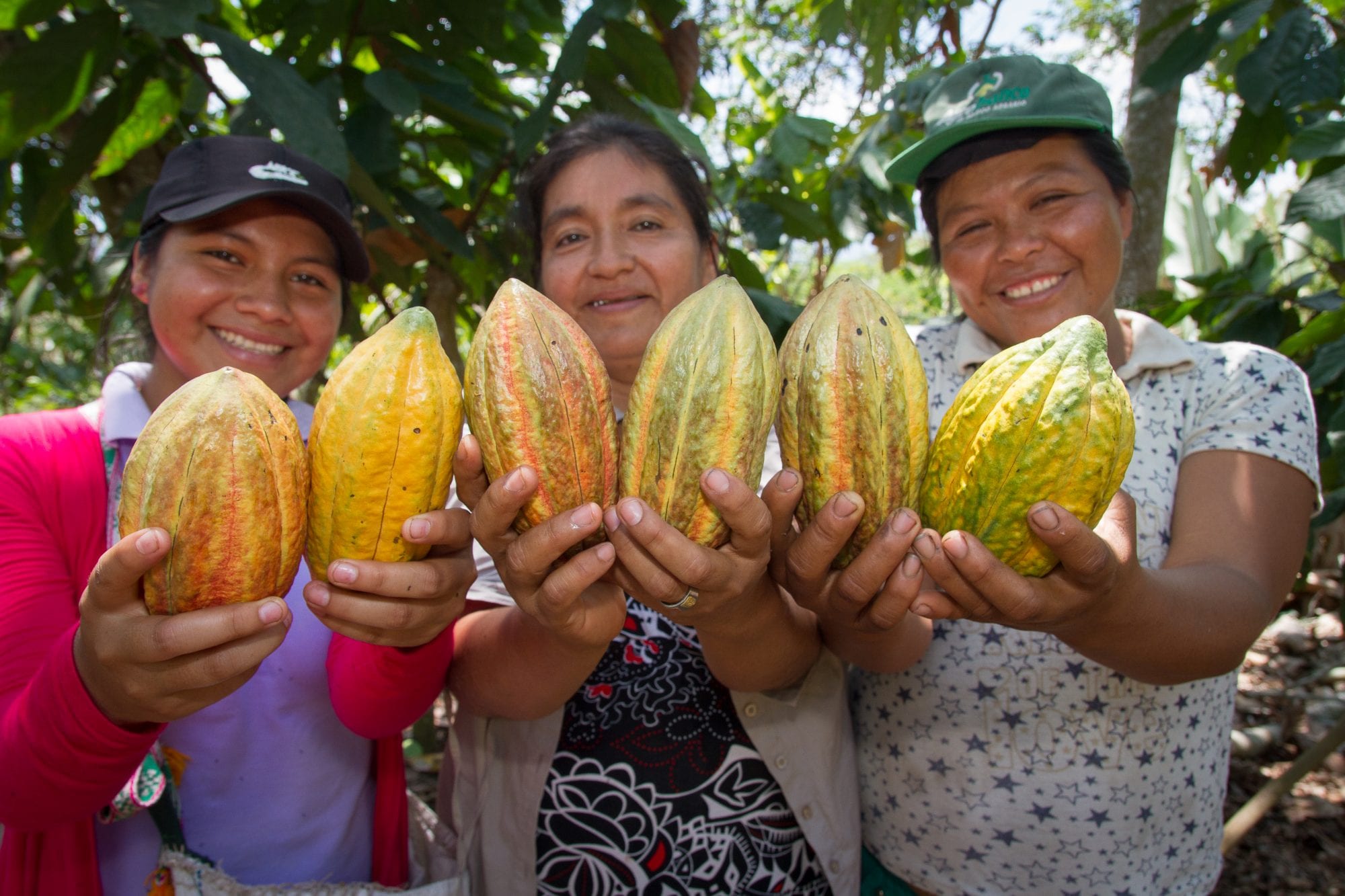Ask a TechnoServe Expert: Cristina Manfre on Women’s Economic Empowerment
“Ask a TechnoServe Expert” is a series where our staff members, who work on a range of important global development issues, answer questions from you. In this edition, Cristina Manfre, TechnoServe’s global gender director, talks about creating economic opportunities for women around the world.

Cristina Manfre is a gender and development specialist with 15 years of experience improving development organizations’ attention to gender issues in economic growth, agriculture, and trade programming. She helps TechnoServe design, evaluate, and continuously improve programs that enhance incomes and opportunities for low-income women around the world.
What are some of the biggest challenges women face when trying to achieve better incomes?
– Craig K., Washington, D.C.
First, we have to think about what it means to achieve a better income. There are many ways to do that, but it usually involves someone getting a better job, improving her productivity, reducing her cost of production, or adopting better business practices. Women face challenges on a few different fronts. First, they often don’t have access to the tools and information they need to run successful farms and businesses. A priority in TechnoServe’s work is to develop women’s capacity. When women acquire the skills, confidence, and resources necessary to compete in markets, they are able to increase their incomes and are empowered to make and act on economic decisions.
Second, women often have trouble accessing the services required to improve their position in the marketplace. Women need to be seen as entrepreneurs and farmers in their own right – people who need business services or have goods and services to sell just like anyone else. Unfortunately, women are often overlooked and not seen as suppliers of raw goods or entrepreneurs with whom other actors should interact. When market actors adopt inclusive and competitive business models, women are able to fully participate in the economy.
Finally, we need to address the underlying perceptions that limit women from moving into higher-income and higher-growth sectors. One way to achieve this is by supporting women in leadership positions to serve as role models for other women in the community.
How does the mentality of women differ in different countries? Can you describe the kind of woman who is getting [TechnoServe’s] help?
– (name not provided)
TechnoServe works with women of all different backgrounds across Africa, Asia, and Latin America. In each country and community, the role and status of women is a little bit different. As an organization, we have to understand the local context and ask questions. Can women here control their own time, land, and income? What level of autonomy do they have, and what role do they play in the household decision-making process? Do the cultural norms of this region restrict women’s involvement in public space? The answers to these questions will then inform how we design programs and respond to challenges.
For example, in some parts of rural India, where rigid gender norms often make it difficult for women to work outside the home, TechnoServe is supporting the development of self-help groups and women-only producer organizations. Through these groups and organizations, women are able to gain a sense of community and support that they might not otherwise have. In other regions with less rigid gender norms, mixed-gender trainings and organizations can be just as effective.

How can we tackle the adverse gender norms that make it difficult for women to access employment, finance, leadership roles, etc.?
– Megan R., California
Addressing gender norms is complicated and involves action across many fronts. One important way to address harmful gender norms is to work with private sector actors – business development services, financial institutions, buyers, etc. – and make the business case that they are missing opportunities to enhance their bottom line. For example, in TechnoServe’s Business Women Connect program in Mozambique, we work with financial institutions to make the case that they should hire more women mobile agents as a way of expanding their reach to women clients. We also work with powerholders, including men, community leaders, and religious leaders, to promote practices and policies that address gender inequities and support women’s agency.
What can women do with technology such as cellphones to make their lives easier or safer?
– Avibo L., Uganda
Digital solutions, such as mobile phones, offer great possibilities for overcoming barriers specific to women. One of the biggest obstacles women face when it comes to equal participation in the economy is lack of time. Often, women are the ones who are expected to take care of the children, cook, fetch water, and other household duties. These responsibilities mean they have less time to participate in the formal workforce or connect with market actors who can help them grow their businesses. Mobile phones can allow women to access additional resources and services, such as mobile banking, without leaving their homes. Women are then able to maximize the limited time they have to connect with buyers, input suppliers, friends, and family.
When technology is used for financial services, it can increase women’s ability to control their income. First, they don’t need to handle cash, which often means that their income is more secure. Second, technology such as mobile savings platforms can help them separate business and personal expenses, thus enabling them to get a better picture of their business. However, despite the benefits of mobile phones, there is a significant global gender gap in mobile phone ownership. Women in low- and middle-income countries are 10% less likely to own a mobile phone than men. We’ll need to address that gap going forward in order for women to take full advantage of the promise of technology.
Take our quiz to find out how much you know about women’s economic empowerment.




